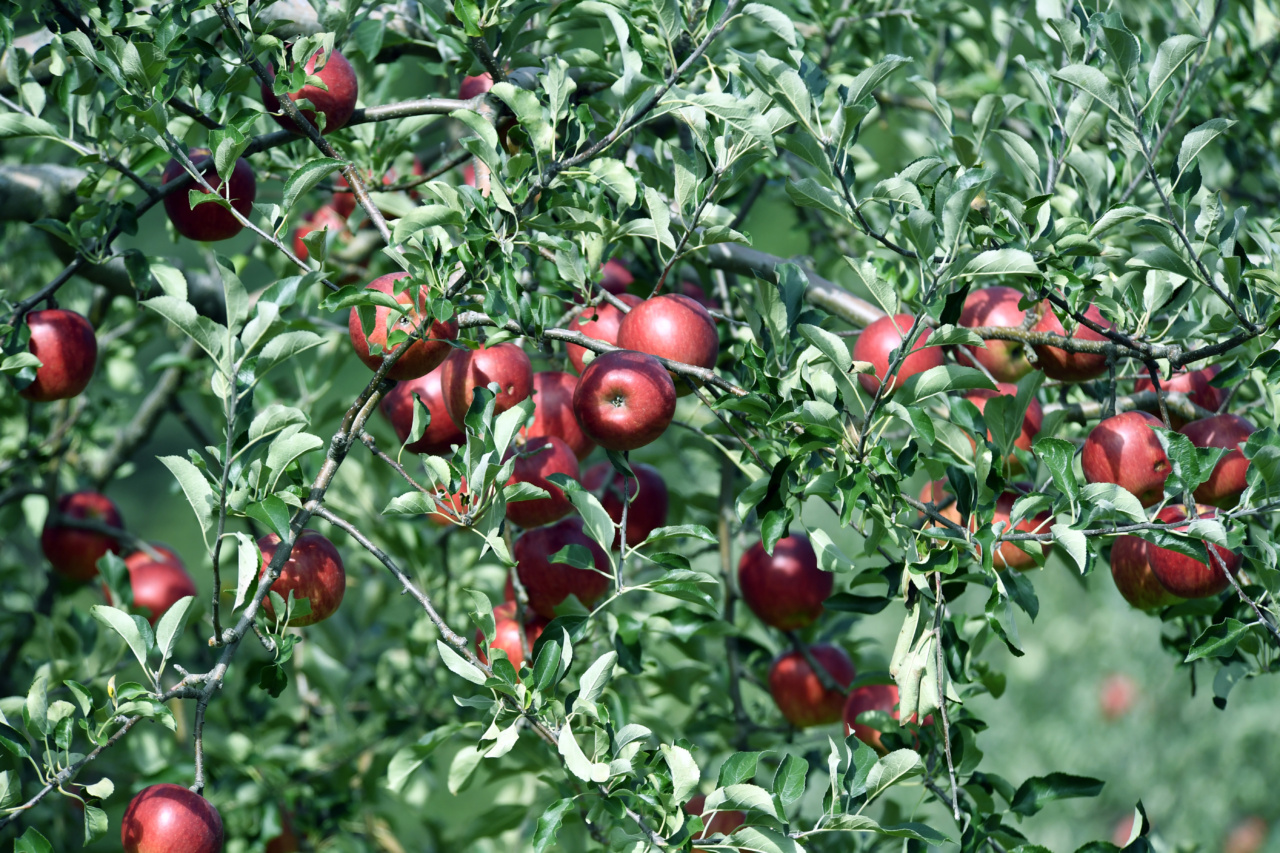Inflammation is a natural response by the immune system to protect the body against injury or infection. However, chronic inflammation can lead to various health problems and diseases such as arthritis, heart disease, and even cancer.
While medication can help manage inflammation, certain fruits are known to have superior anti-inflammatory properties that can aid in reducing inflammation naturally. This article discusses three such fruits and their benefits.
1. Pineapple
Pineapple is a tropical fruit that is not only delicious but also packed with beneficial compounds. One of its key components is bromelain, an enzyme with potent anti-inflammatory properties.
Bromelain has been found to reduce inflammation, swelling, and pain, making it beneficial for people with conditions like osteoarthritis and rheumatoid arthritis. Additionally, pineapple contains a mix of antioxidants such as vitamin C and beta-carotene, which can help combat oxidative stress and further reduce inflammation.
2. Blueberries
Blueberries are widely known as a superfood due to their rich nutritional profile. They are loaded with antioxidants called flavonoids, particularly anthocyanins, which give the berries their vibrant blue color.
These anthocyanins have been studied for their anti-inflammatory effects and have shown promising results. Research suggests that regular consumption of blueberries may help reduce chronic inflammation and lower the risk of diseases such as diabetes, obesity, and heart disease.
Additionally, blueberries also provide a good amount of fiber, which has been associated with improved gut health and reduced inflammation.
3. Avocado
Avocado is not only a tasty and versatile fruit but also offers numerous health benefits. It contains various bioactive compounds, including carotenoids, tocopherols, and polyphenols, which possess anti-inflammatory properties.
Specifically, avocado is rich in monounsaturated fats, primarily oleic acid, which has been linked to decreased inflammation. Studies have shown that regular avocado consumption may help reduce markers of inflammation, such as C-reactive protein (CRP) levels.
Additionally, avocados also provide essential nutrients like vitamin E, vitamin K, and potassium, which contribute to overall health and well-being.
How to Incorporate These Fruits
Now that you know about these three fruits with superior anti-inflammatory properties, it’s essential to understand how you can incorporate them into your diet. Here are a few ideas:.
1. Pineapple Smoothie
Blend fresh or frozen pineapple chunks with coconut water, spinach, and a touch of ginger for a refreshing and anti-inflammatory smoothie. You can also add other fruits like banana or mango for added flavor.
2. Blueberry Salad
Combine fresh blueberries with mixed greens, walnuts, and crumbled feta cheese for a delightful and anti-inflammatory salad. Dress it with a light vinaigrette made from olive oil and fresh lemon juice.
3. Avocado Toast
Top whole-grain toast with mashed avocado, cherry tomatoes, and a sprinkle of flaxseeds. This quick and easy breakfast or snack option provides a dose of healthy fats and anti-inflammatory compounds.
4. Pineapple Salsa
Mix diced pineapple, red bell pepper, red onion, jalapeño, cilantro, and lime juice for a tangy and anti-inflammatory salsa. Enjoy it with grilled chicken or fish for a flavorful and nutritious meal.
Conclusion
Incorporating these three fruits – pineapple, blueberries, and avocado – into your diet can provide you with a natural and delicious way to combat inflammation.
Whether in the form of a smoothie, salad, or salsa, these fruits offer a range of anti-inflammatory compounds that can help reduce chronic inflammation and promote overall health and well-being. So, be sure to include these fruits in your daily meals and experience their superior anti-inflammatory properties firsthand.































